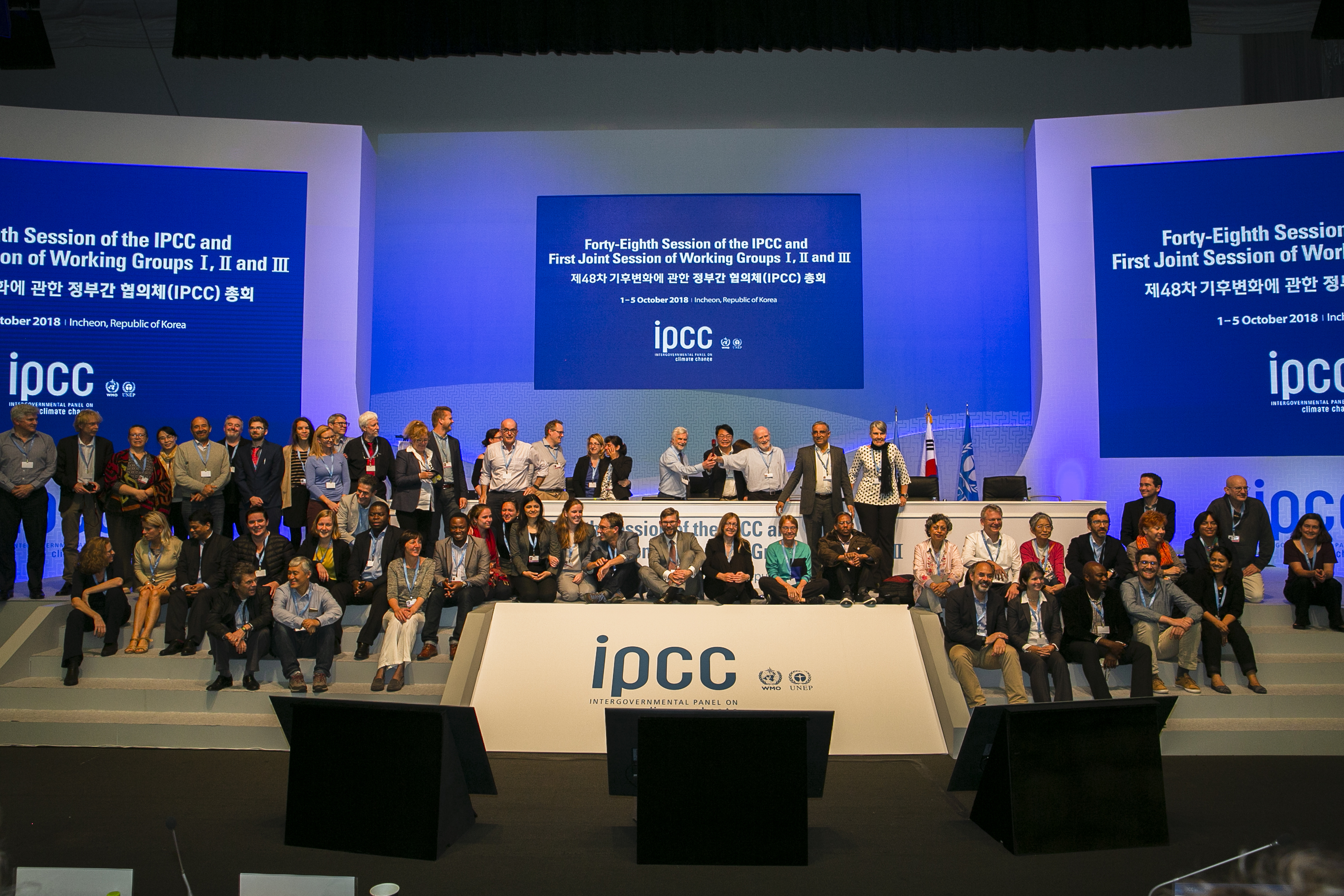Last week you will no doubt have heard about a powerful report published by the Intergovernmental Panel on Climate Change (IPCC) that highlights some alarming realities of the future of our planet. Interpretations of the report have been plastered across news channels and social media, alluding to the immense importance of the issues raised by some of the world’s leading scientists.
The report considers the outcomes of global temperature rises of between 1.5°C and 2o°C; some of the most optimistic proposals from the Paris Agreement. According to the IPCC, this is likely to be reached as soon as 2030, which doesn’t give us much time to devise and implement the drastic emission reduction schemes that are required.
Since the pre-industrial era, Anthropogenic (human) causes have already warmed the Earth by 1o°C which has caused severe decline in marine ecosystems, in particular coral reefs. Further warming by even 0.5o°C could have further drastic impacts on both terrestrial and marine ecosystems, as well as significant consequences for human health.
Further warming by even 0.5o°C could have further drastic impacts on both terrestrial and marine ecosystems
If that wasn’t enough, the report actually offers an optimistic outcome by assuming reductions in emissions in order to reach the 1.5o°C target. Carbon dioxide emissions are in fact still increasing and there is little evidence to suggest an impending plateau in outputs. Even if emissions were to halt entirely now, warming from emissions already emitted would persist and cause further warming of the Earth, although granted this would be at a much lower rate.
So why are scientists so panicked about such a small increase in global temperature? In reality, even the tiniest increase of 1.5o°C from pre-industrial levels could have colossal and irreversible impacts on our lives, which could start coming into play within the next 12 years.
A temperature rise of 1.5o°C will increase the number extreme weather events such as hot days, storms and drought, particularly in mid-latitude regions; the tropics, for instance. The increase in hot weather could bring prevalence of forest fires, causing degradation of more fragile environments such as the tundra and boreal forests. Accompanying these impacts, hot weather extremes could see destabilisation of the world’s ice sheets, notably Antarctic and Greenland ice sheets, the ablation of which would result in sudden sea level rises.
The impact of the previous 1o°C temperature rise on coral reefs has already been mentioned in this article, however a 1.5o°C increase could lead to the loss of 70-90% of this fragile ecosystem, and a 2o°C rise is almost certain to eradicate 99% of the world’s coral reefs. According to WWF, rising sea temperatures due to global climate change is likely to be the “final nail in the coffin” for the world’s coral reefs.
To further amplify panic, the IPCC did not fail to mention how rising global temperatures can impact us humans. Recent surges in extreme weather events such as those in the USA have alluded to the infrastructural and human damage that we may be seeing more of in the future. The IPCC also highlighted numerous detrimental health impacts, increases in disease prevalence and range, as well as surges in fatal urban heatwaves magnified by the urban heat island effect.
The IPCC attempted to offer some solutions to the global crisis in their report, focussing on necessary communication between different sectors. Education and information are widely available however are disregarded in everyday public actions due to a disbelief that single actions will make substantial difference. Adequate publicity is therefore required in order to emphasise the magnitude of the global warming crisis which could help kickstart global mitigation schemes. The IPCC proposes multi-sector partnerships and international communications in order to help developing countries lower emissions whilst continuing to grow economically.
The report has apparently already sparked some political movement in that, only a week after the report was published, Donald Trump has revised a statement he made last year claiming that climate change is a hoax, instead admitting that there is “probably a difference”. It’s a start at least.
The significant media attention gained from the IPCC’s report is indeed a valuable outset for spreading recognition for the global warming crisis; however there is no doubt that unprecedented action and attention is required in order to even start attempting to tackle this immense global issue.
By Morwenna Davies
image source: http://enb.iisd.org/climate/ipcc48/

